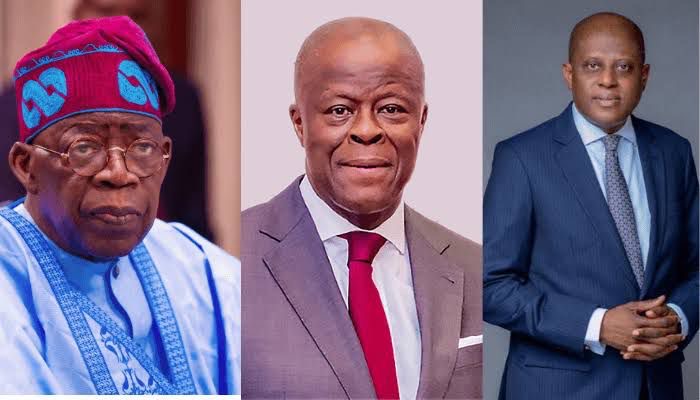
Nigeria’s foreign exchange market is showing strong signs of stability following far reaching economic reforms implemented under the leadership of President Bola Ahmed Tinubu and coordinated by the Minister of Finance Wale Edun in collaboration with the Central Bank of Nigeria (CBN).
In a major development welcomed by Nigerians and the banking sector, several commercial banks have resumed international transactions using naira denominated debit cards, a service that had been suspended for over three years due to persistent foreign exchange scarcity.
The move comes as the CBN’s market driven FX reforms, backed by the President’s Renewed Hope Agenda, continue to yield results. These reforms include the liberalization of the FX market, the removal of monetary financing, and a shift to a willing buyer willing seller model, all of which have significantly boosted investor confidence and improved transparency in Nigeria’s monetary framework.
Foreign exchange inflows have surged in recent months, the naira has stabilized around ₦1,528 to the US dollar in official markets, and Nigeria’s external reserves are now approaching the $40 billion mark. In response, banks such as GTBank, UBA, First Bank, Stanbic IBTC, Wema, and Providus have reinstated international card usage, with monthly spending limits ranging from $500 to $1,000.
The resumption of international card usage allows Nigerians to pay for online services, global subscriptions, international travel, and e-commerce platforms, providing much needed convenience for individuals and small businesses previously constrained by limited FX access.
This policy milestone reflects the success of the Tinubu administration’s economic stabilization drive and the improved coordination between the Finance Ministry and the CBN under Governor Yemi Cardoso.
